A Century of Excellence: The 100-Year Journey of Chemical Engineering at Tianjin University
In July 2025, Tianjin University’s School of Chemical Engineering and Technology celebrated its 100th anniversary. Over the past century, it has stood as a cornerstone of China's chemical education and research, adapting to the nation’s needs and contributing to global advancements. From pioneering industrial chemistry courses to leading innovations in green catalysis, the school has consistently bridged history and modernity, shaping a legacy of excellence.
Early Foundations: Planting the Seeds
Tianjin University (formerly known as Peiyang University) was established in 1895 as China’s first modern university. In its early years, the university offered courses in chemistry and engineering, laying the groundwork for the development of chemical engineering as a discipline. By the 1920s, industrial chemistry courses were introduced, and luminaries like Hou Debang, a pioneer in soda ash production, played a pivotal role in shaping the future of the field.
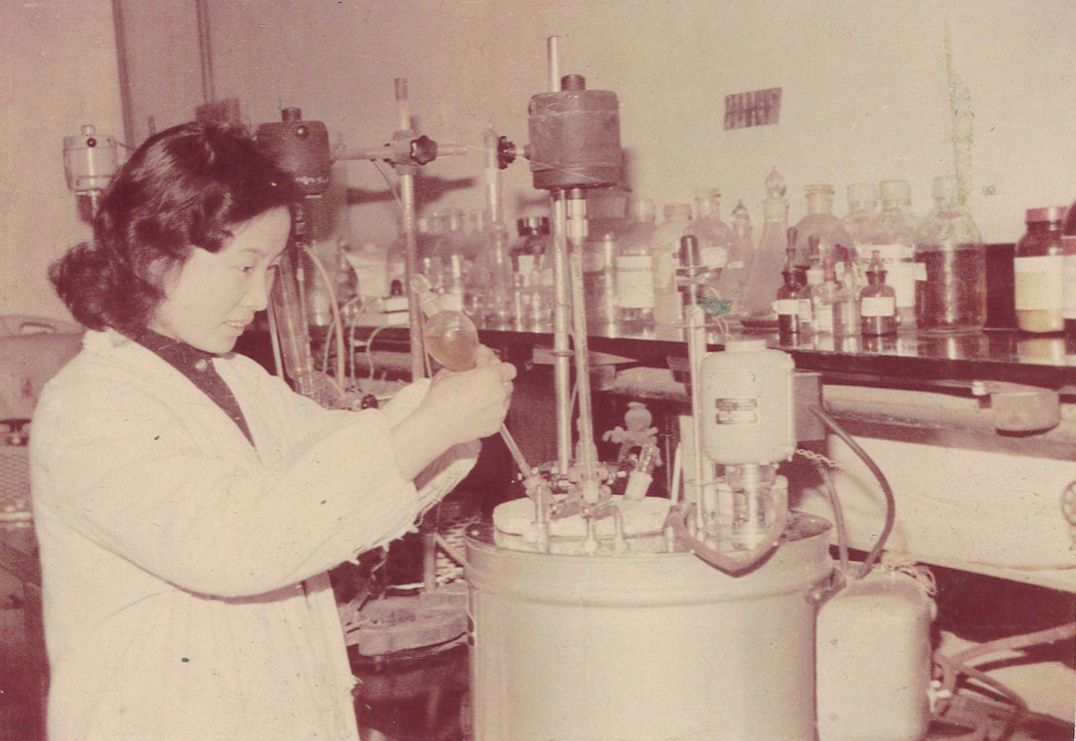
Resilience in Adversity: World War II and National Reconstruction
During the Second Sino-Japanese War, Tianjin University faculty and students faced immense challenges, including relocation and limited resources. Yet, they persevered, continuing research and teaching under difficult conditions. This resilience became a defining trait of the discipline, ensuring the continuity of education and innovation.
After the establishment of the People’s Republic of China, the discipline entered a new phase. The nationwide reorganization of universities in the 1950s brought together the finest chemical engineering departments across the country at Tianjin University, solidifying its status as a leader in the field.
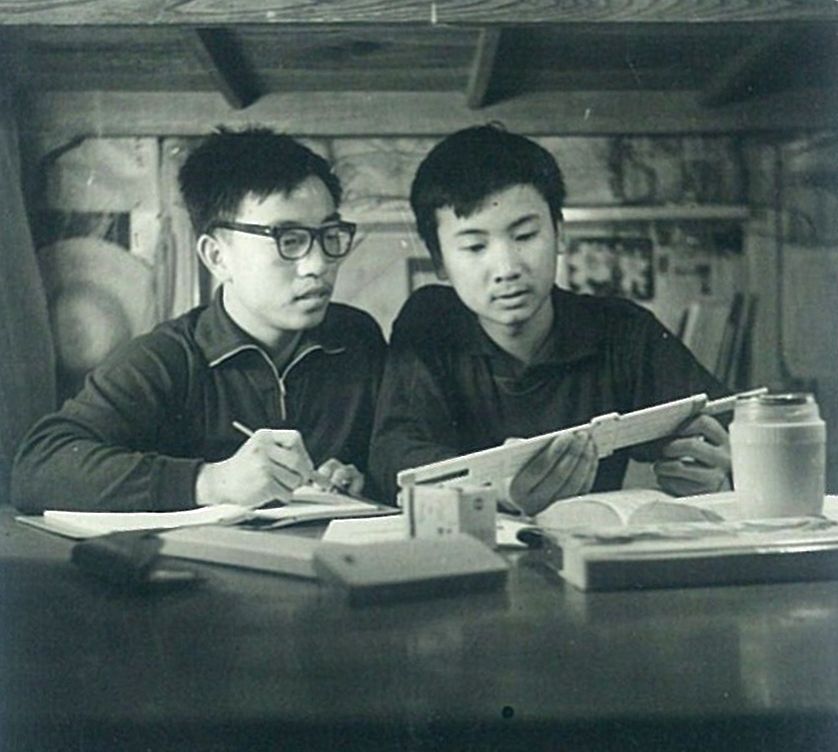
Driving National Innovation
Throughout the 20th century, Tianjin University’s School of Chemical Engineering and Technology played a pivotal role in advancing China’s technological capabilities. One of the most groundbreaking contributions came during the nation’s early nuclear development. Professor Yu Guocong, an academician of the Chinese Academy of Sciences (CAS), led his team, worked tirelessly and developed the innovative “two-column” method for heavy water distillation, a critical technology that firmly supported the development of China’s nuclear program. This method remains the nation’s only domestically developed heavy water production technology, still in use today.
Another transformative achievement came in the pharmaceutical sector under the leadership of Prof. Wang Jingkang, also an academician of CAS. Facing the international monopoly on penicillin technology, her team developed a novel crystallization process that significantly improved the purity, stability, and production efficiency of penicillin. Wang remarked: “It was not just about creating technology but solving a public health issue for millions. Knowing that our process reduced allergic reactions and made antibiotics more accessible was the most rewarding outcome.” Her team’s efforts helped China gain over 85% of the global penicillin market at its peak, earning the “Tianjin Crystallization Tank” international acclaim.

In fine chemicals, Tianjin University made history by ending China’s inability to produce color film. Academician Zou Jing led a seven-year campaign to develop the country’s first color film technology, achieving results comparable to the German Eastman 5247-II film. Zou described the experience as “a race against time and technology to bridge a 15-20 year gap with the world’s best.” This breakthrough not only equipped China with essential capabilities for military and civilian applications but also laid the foundation for new research directions in chemical engineering.
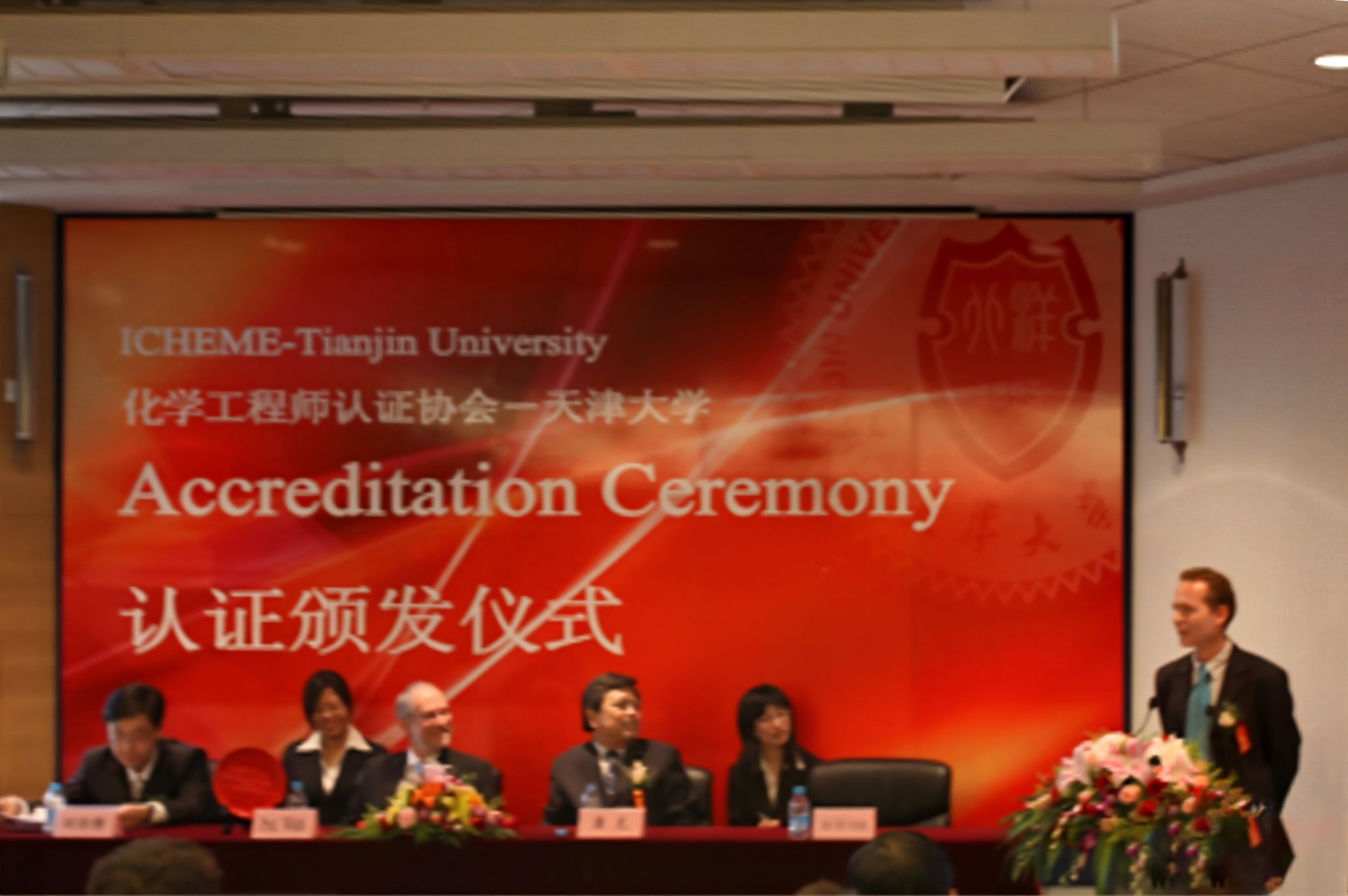
These examples illustrate Tianjin University’s steadfast commitment to addressing national priorities and advancing technology in diverse fields, from defense to healthcare and beyond.
A Global Leader in Chemical Research
In the 21st century, Tianjin University has emerged as a global leader in chemical engineering and technology, driving innovations across multiple disciplines. One of its most celebrated areas of expertise is synthetic biology, where the university achieved a historic breakthrough by synthesizing long-chain artificial chromosomes. This research was recognized as one of China’s “Top 10 Scientific Advances”in 2017 and marked a turning point in the field. Professor Yuan Yingjin, an academician of the CAS, who led the team, shared his vision: “Our work is not just about pushing scientific boundaries; it’s about creating a new framework for how biology can solve real-world problems.” His team also spearheaded the development of the globally recognized “Tianjin Bio-security Guidelines for Codes of Conduct for Scientists,” the first biosecurity framework initiated by China and widely adopted by the World Health Organization (WHO).
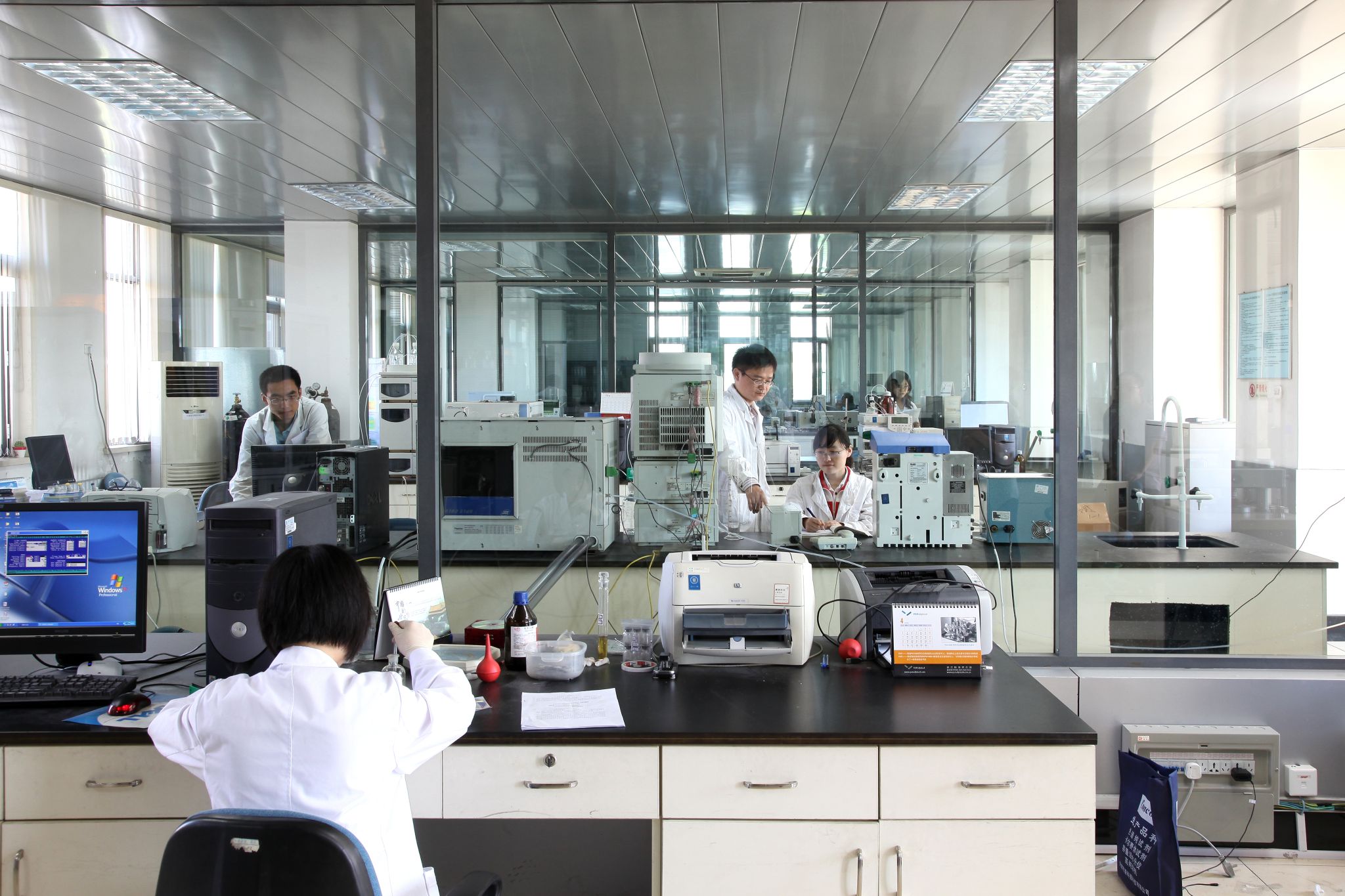
In green chemistry, Tianjin University researchers have made significant strides toward sustainable industrial practices. Their work on environmentally friendly catalysts has enabled industries to adopt cleaner production methods. The catalysts cost 30% less than traditional methods and reduce industrial emissions by nearly 40%.
The university is also at the forefront of integrating artificial intelligence with chemical engineering.
Through the “Chemical Engineering + AI” initiative, Tianjin University has reimagined the educational and research landscape. Professor Fan Xiaobin, Dean of the School of Chemical Engineering and Technology, emphasized: “By combining AI with traditional chemical engineering, we’re training students to solve problems that don’t even exist yet. AI helps us design experiments, predict outcomes, and optimize processes in ways we never thought possible.” This initiative includes the development of over 100 AI-enabled courses and a state-of-the-art digital platform for experimental teaching, creating a new paradigm for engineering education.
These achievements underscore Tianjin University’s growing influence on the global stage, where its research continues to shape industries and address some of the world’s most pressing challenges.
A Century of Talent Cultivation
Tianjin University’s School of Chemical Engineering and Technology has produced generations of leaders in academia, industry, and government. From engineers working on defense projects in remote regions to entrepreneurs driving industrial transformation, its graduates embody the university’s commitment to service and innovation.
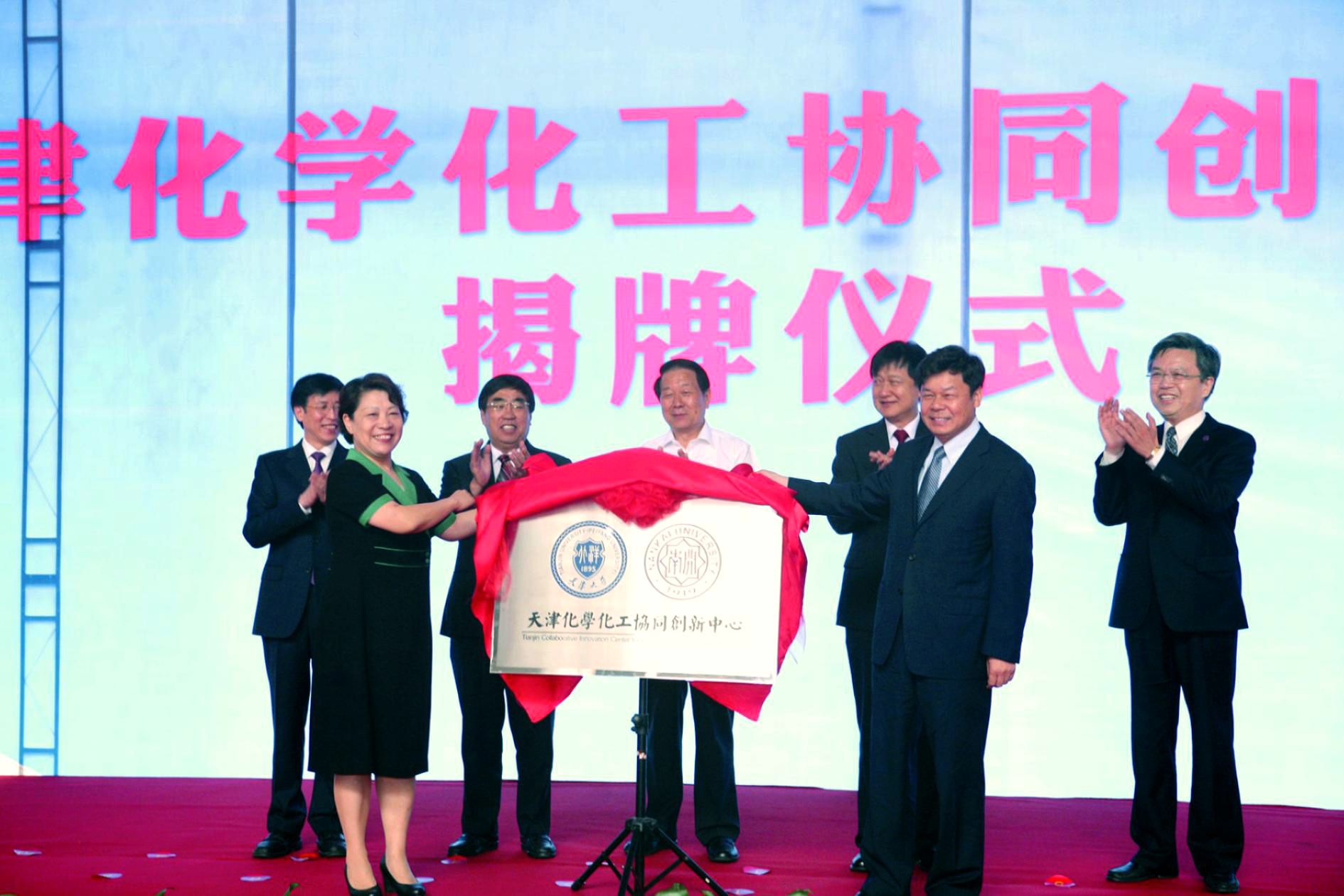
Looking to the future, the university is reimagining education with initiatives like the “Chemical Engineering + AI” program, which integrates artificial intelligence into curricula to prepare students for the challenges of a rapidly evolving industry.
Looking Ahead
As Tianjin University’s School of Chemical Engineering and Technology embarks on its second century, its focus remains clear: addressing global challenges, driving technological innovation, and nurturing the next generation of scientific leaders.
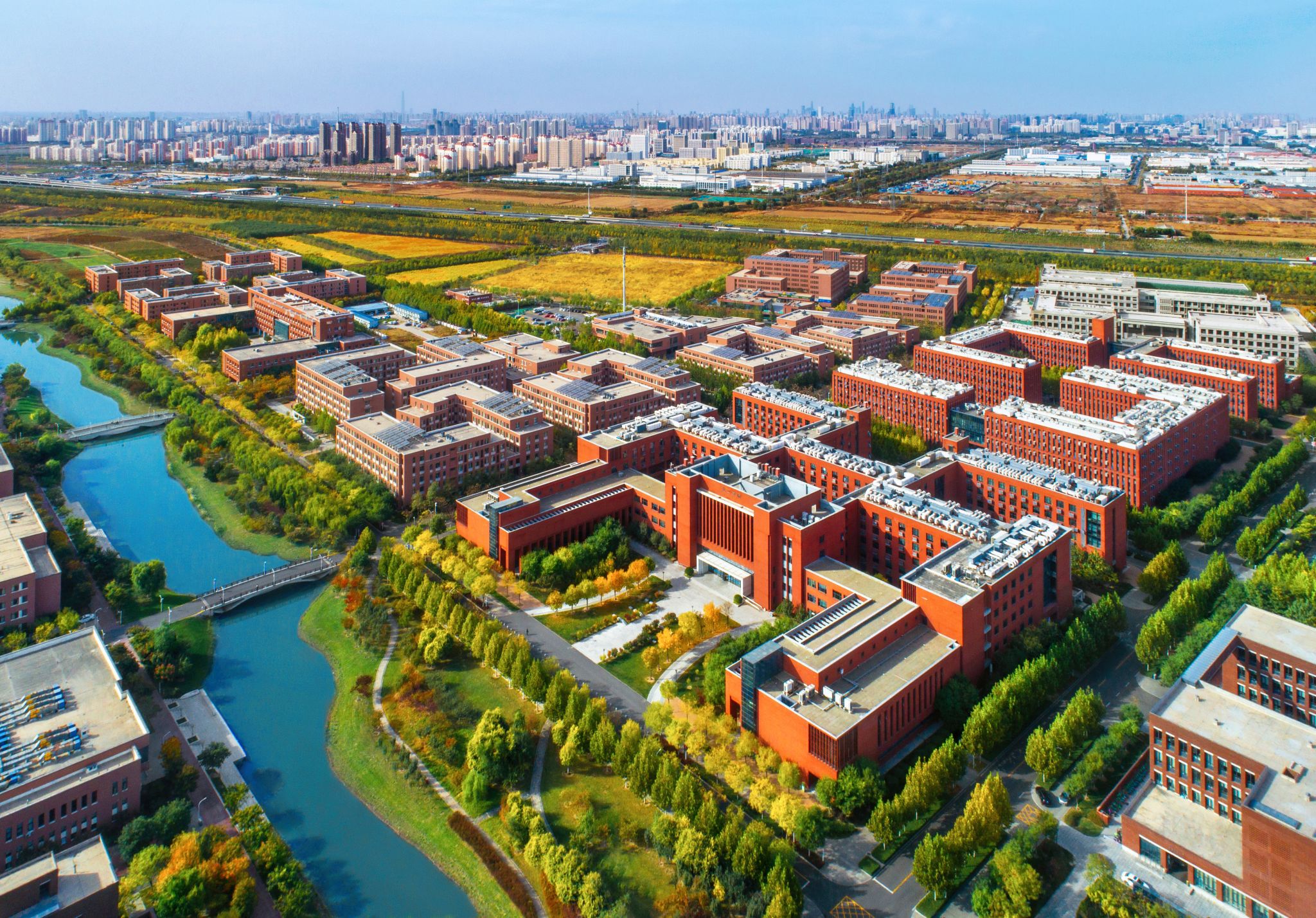
The legacy of the past 100 years is not just a history of achievements but a foundation for future excellence. Tianjin University continues to write its story as a global leader in chemical engineering and technology, contributing to a sustainable and prosperous future for all.
By Eva Yin

